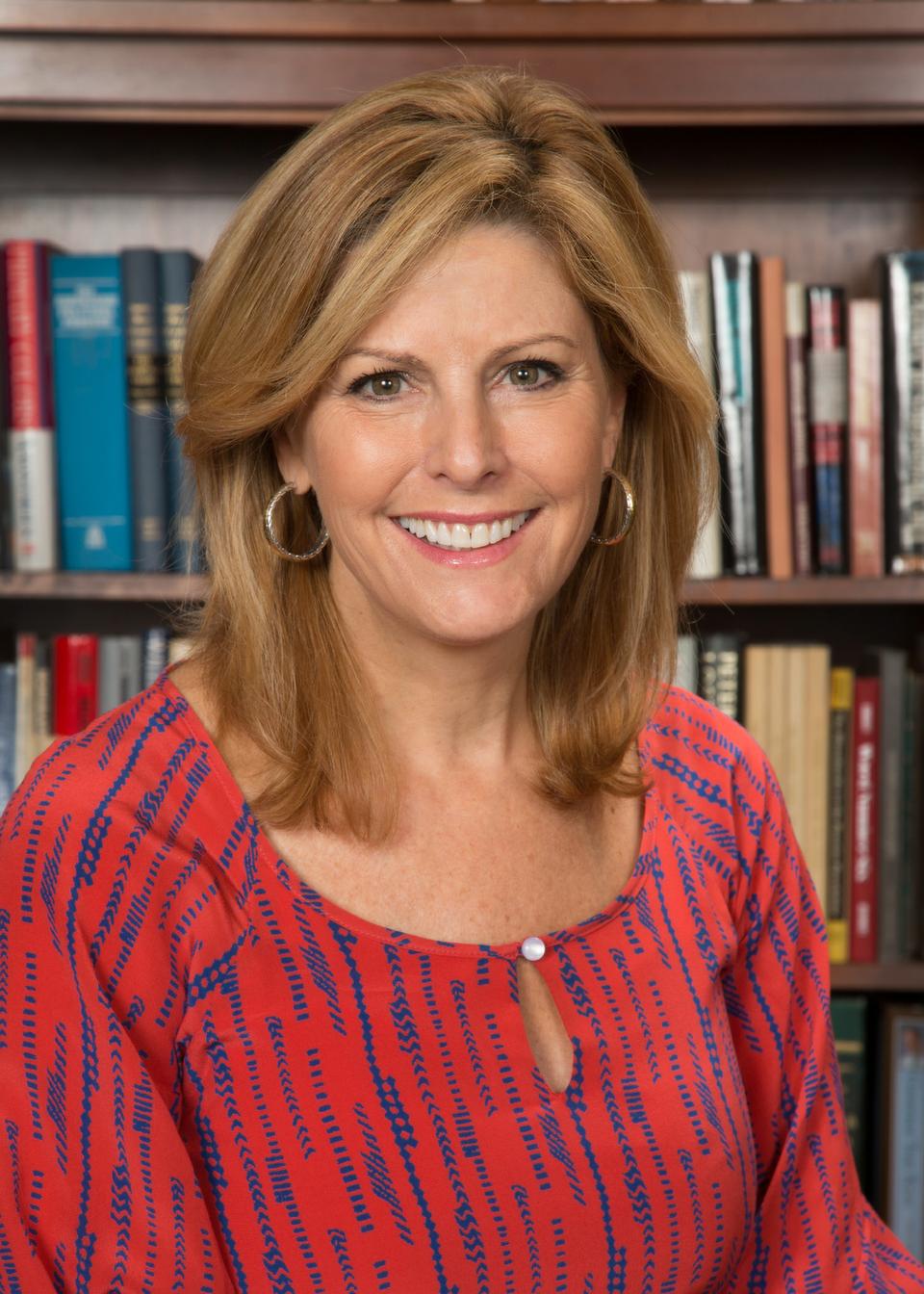Nina J. Easton

In this mini-series, Flyby profiles one of the seven fall 2012 IOP Fellows each week. This week: Nina J. Easton.
"Presidential coverage used to be a very serious endeavor," said self-described pundit Nina J. Easton from behind her desk at the Kennedy School's Institute of Politics. "There still are pockets of that attitude, especially among old school vets, but the culture is to get [the news] out there fast."
As an IOP fellow this semester, Easton is trying for the opposite approach. By slowing down to examine the economics at play in the 2012 election, she's aiming to provide a substantive supplement to the media's superficial look at politics.
Her study group, named "It's the Economy Stupid!" after a Bill Clinton campaign mantra, meets on Tuesdays from 4 p.m. to 5:30 p.m. in the Faculty Dining Room at the IOP. Each week, Easton brings in a high profile visitor to analyze the latest developments in the election. Her guests include Harvard economist and Mitt Romney adviser N. Gregory Mankiw, J.P. Morgan general counsel Gregory A. Baer, GOP pollster Bill McInturff, a Democratic political operative Elaine C. Kamarck, economic policy strategist David M. Smick, and former National Economic Council Director Larry H. Summers.
In an era of tweets and sound bytes, guardedness is the rule for political power players. Not so in Easton's study group. "The great thing is the study groups are off the record," Easton said. "The guests can be truly candid."
Easton, author of two books, frequent panelist on Fox News, senior editor at Fortune Magazine, and co-chair of Fortune's annual Most Powerful Women Summit, has recused herself from covering this election because her husband is a senior adviser to the Romney campaign. So when Harvard recruited her to participate in two semester-long fellowships, she packed up and moved to Cambridge last winter.
Last spring as a Goldsmith Fellow at the Kennedy School's Shorenstein Center, Easton researched Americans' attitudes toward the rich in the face of growing income inequality. "I was troubled by the superficial look the media was taking," she said. "The media did not quote unquote 'discover' income inequality until Occupy Wall Street brilliantly put it into the political lexicon." Her research resulted in a Fortune cover story asking "Is It Still OK To Be Rich in America?"
Despite her conservative leanings, Easton sees the value in understanding a variety of political perspectives, and she has made an effort to represent views from across the political spectrum in her study group. At least two liberal guests (Kamarck and Summers) will help provide study group attendees with a balanced view of the economy's role in the election.
Easton wishes editors would make the same conscious effort and hire writers of diverse political views. A Berkeley liberal before she became disenchanted with entitlement programs and affirmative action, Easton thinks her media colleagues report the news with a leftist slant.
"It's really important whether you're a conservative or a liberal to always challenge the conventional wisdom, which is what I've tried to do in all my work," she said.
Easton's phone buzzed a few times during our interview, and she checked it "just in case it's my babysitter" texting her about Ellie, her four-year-old in the Radcliffe Child Care Center. As a working mother of three, Easton said, "I've made decisions along the way so I would be there for my kids, and it's kept me from going places I would have gone."
Sharon M. Stovezky '15, one of Easton's community liaisons, said she applied for the post because "I am very interested in getting to know women in positions of power, and she's one of the few in Washington journalism."
Easton's six community liaisons meet with her once a week outside of the study group and help to advertise the events to the undergraduate community. Sammy G. Young '15, another liaison, was surprised about how informal their get-togethers are. "There's no 'I'm the boss' vibe with Nina," he said. "We've gotten to know her really well."

